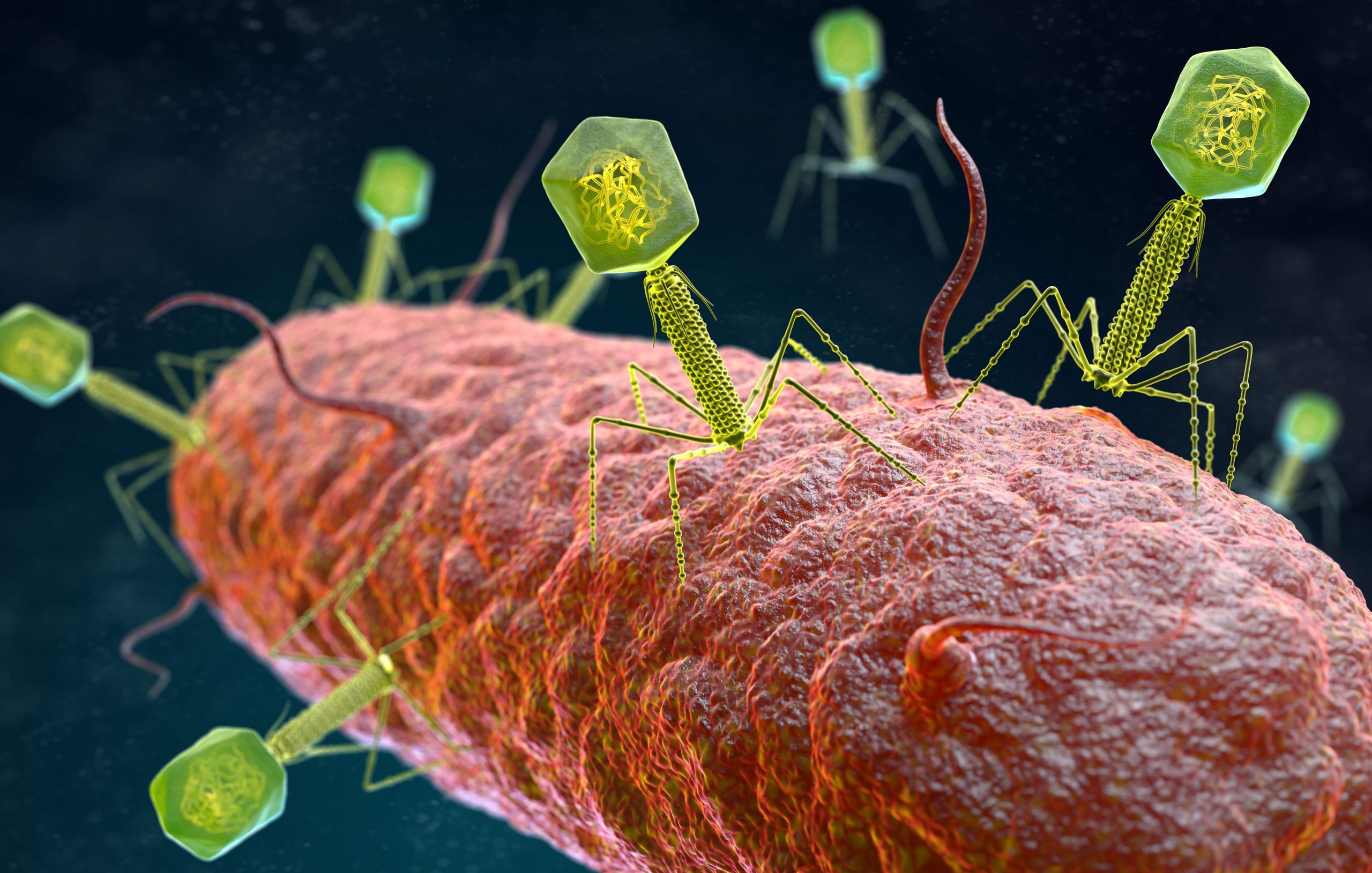During the COVID-19 pandemic, many scientists investigated various types of vaccine production in the hopes of saving the world. Other effective vaccines have been developed as a result of these scientists’ outstanding work in research and development, which has resulted in some of the most widely used vaccine technologies. The World Health Organization has approved several vaccines to aid in the fight against this pandemic (To read more information about COVID-19 vaccines, please visit World Health Organisation Page by clicking here). Despite the fact that they have not yet been approved, phage-based vaccines have sparked interest due to their potential to protect against Covid-19. According to the research data, their efficiency was sufficient to qualify them as potential candidates.
What are phage-based vaccines?
Phage-based vaccines, also known as phage display vaccines, are phages that have been genetically modified to have peptide or protein antigens genetically displayed on their surfaces, as well as those that have antigens chemically conjugated or biologically bound on their surfaces. As a result, they can elicit an immune response and cause memory cell production. Vaccines based on phages are among the least popular.
How are phage-based vaccines made?
Phage-based vaccines are created by chemically/biologically/genetically modifying the structure of a bacteriophage with an antigenic but harmless structure from another organism, such as a potential pathogen. The added structure must have antigenic properties in order to elicit an immune response. Modifying phages to produce spikes for a coronavirus is an excellent example of a phage-based vaccine. Those spikes can elicit an immune response, which will act on secondary infection to protect the body from the primary infectious particle.
Mode of action of phage-based vaccines
The modes of action of phage-based vaccines are identical to those of other vaccines. Vaccines train our immune systems to produce proteins that fight disease, known as ‘antibodies,’ in the same way that they would if we were exposed to an illness, but – crucially – vaccines work without making us sick. In phage-based vaccines, the phage serves only as a vehicle for transport, while the antigenic structure is in charge of eliciting (“teaching”) the immune system.
Is the phage-based vaccine safe?
Vaccines are safe as long as they have undergone rigorous clinical trials and have been approved by the World Health Organization or local authorities such as the American Centers for Disease Control and Prevention. It is recommended that only vaccines that have been deemed safe by professional bodies and the World Health Organization be used.
Do unmodified phages elicit an immune response?
Yes, once introduced into the body, typical phages elicit an immune response. They do not, however, cause disease and, in fact, can be beneficial to human health when used professionally and purposefully (phage therapy).
Design and applications of phage-based vaccines
An overview of design and application of Phage based vaccines
(Refer to the diagram above)
- (A)Vaccines derived from DNA. The entire phage particle serves as a vehicle for the gene encoding a protective antigenic peptide. The genetic material will be released into the host’s body, causing an antigen to be expressed and immune responses to be triggered.
- (B) Vaccines with phage-displayed peptides or proteins are made by genetically displaying peptides or proteins. Foreign peptides or proteins can be efficiently and economically fused with the relevant coat protein using phage display. The phage particles can then be used to stimulate the host immune system as effective vaccines.
- (C) Phage-displayed vaccines are made by allowing pre-displayed antigen-binding peptides to capture the antigens. An antigen can be directly linked to the phage surface using an artificial linker. Alternatively, an antigen-binding peptide can be identified and displayed on the phage surface before it is used to capture the antigen that has been linked to a substrate via a cleavable linker. This strategy has the potential to broaden the range of phage-displayed vaccines while also ensuring that foreign antigens are in the correct exceptional conformation. Using the techniques described above, phage-based vaccines can be designed to stimulate the host immune system and produce specific antibodies against a wide range of diseases, including viral infection, cancer, bacterial infection, fungal infection, and parasitism.



Excellent article
[…] How does a phage based vaccine work? […]